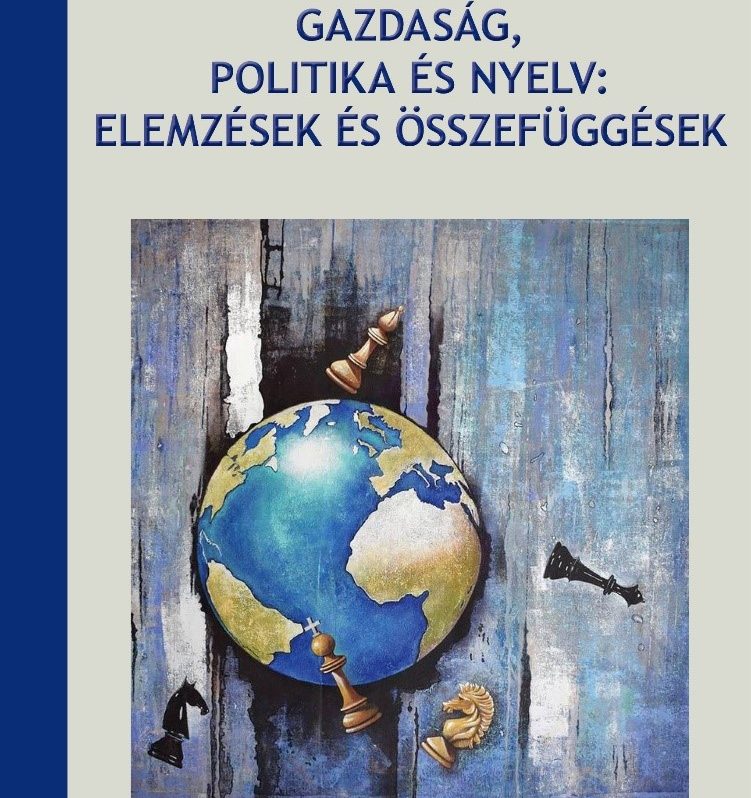
A recent countrywide citizen science project called MyPond launched by researchers from the HUN-REN Centre for Ecological Research in Hungary highlights the potential of garden ponds as crucial contributors to urban biodiversity. The online survey gathered data from over 800 garden pond owners, uncovering insights into how these small water bodies support various animals, including amphibians and their tadpoles, odonates, and birds. The study also examined the impact of pond features, pond management practices, and urbanisation on the occurrence of these animals, shedding light on the role of pond management for wildlife.
More information: ecolres.hu
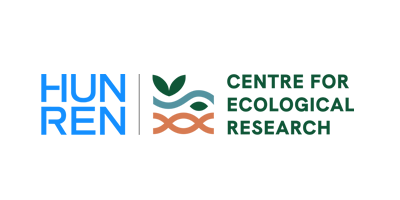

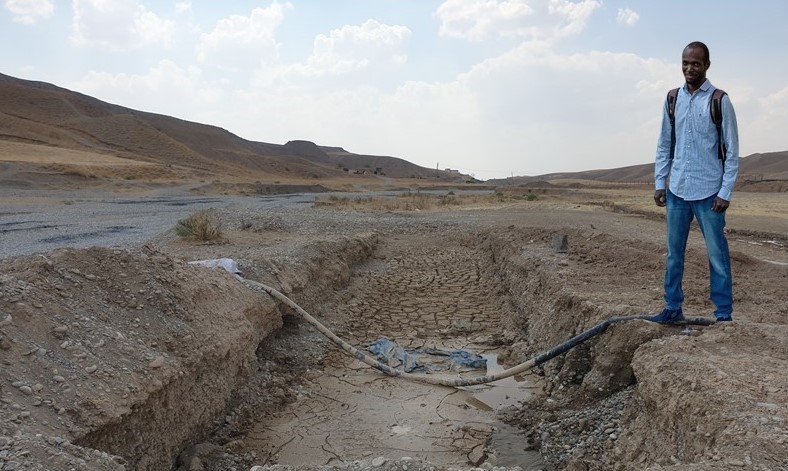
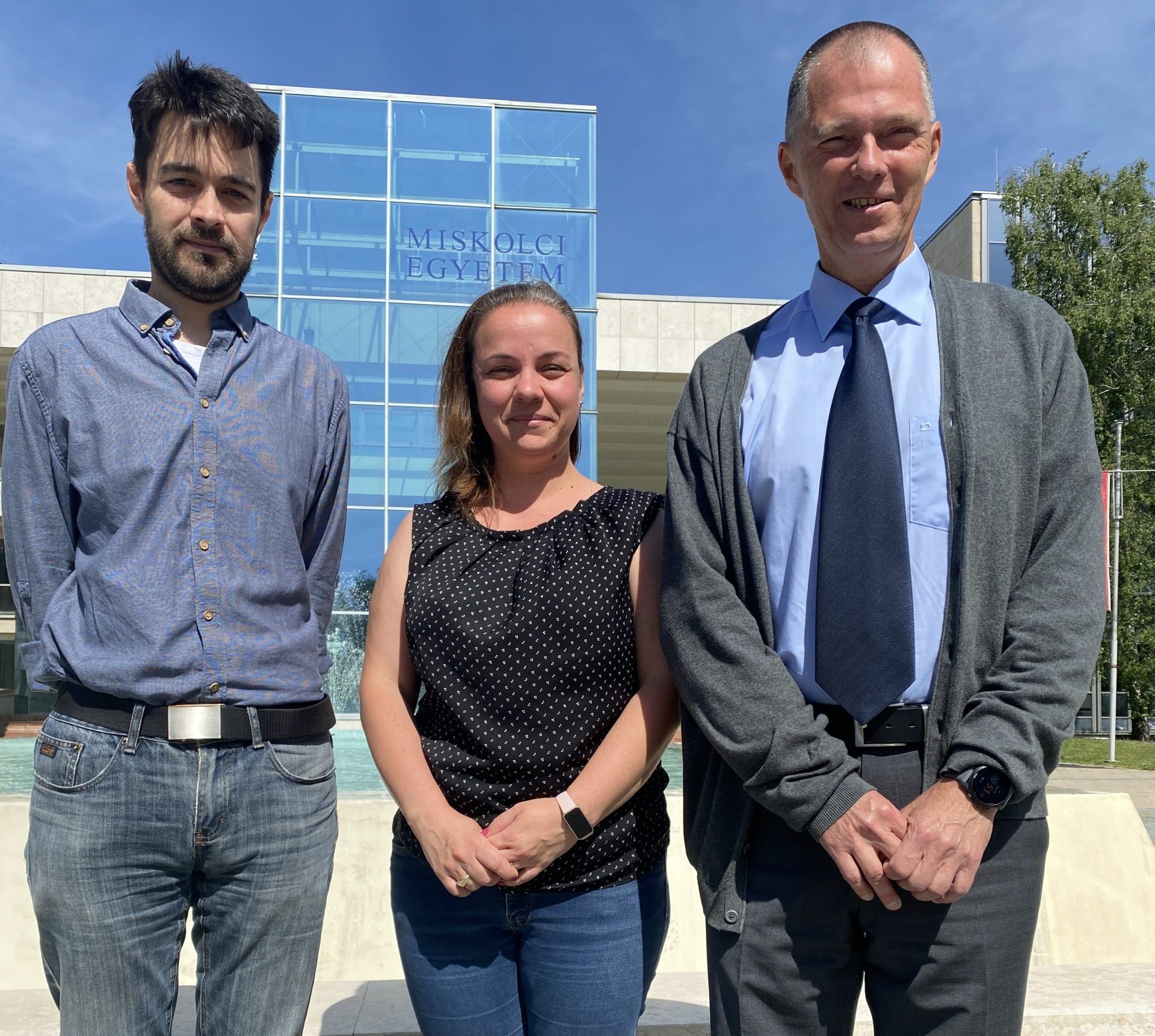
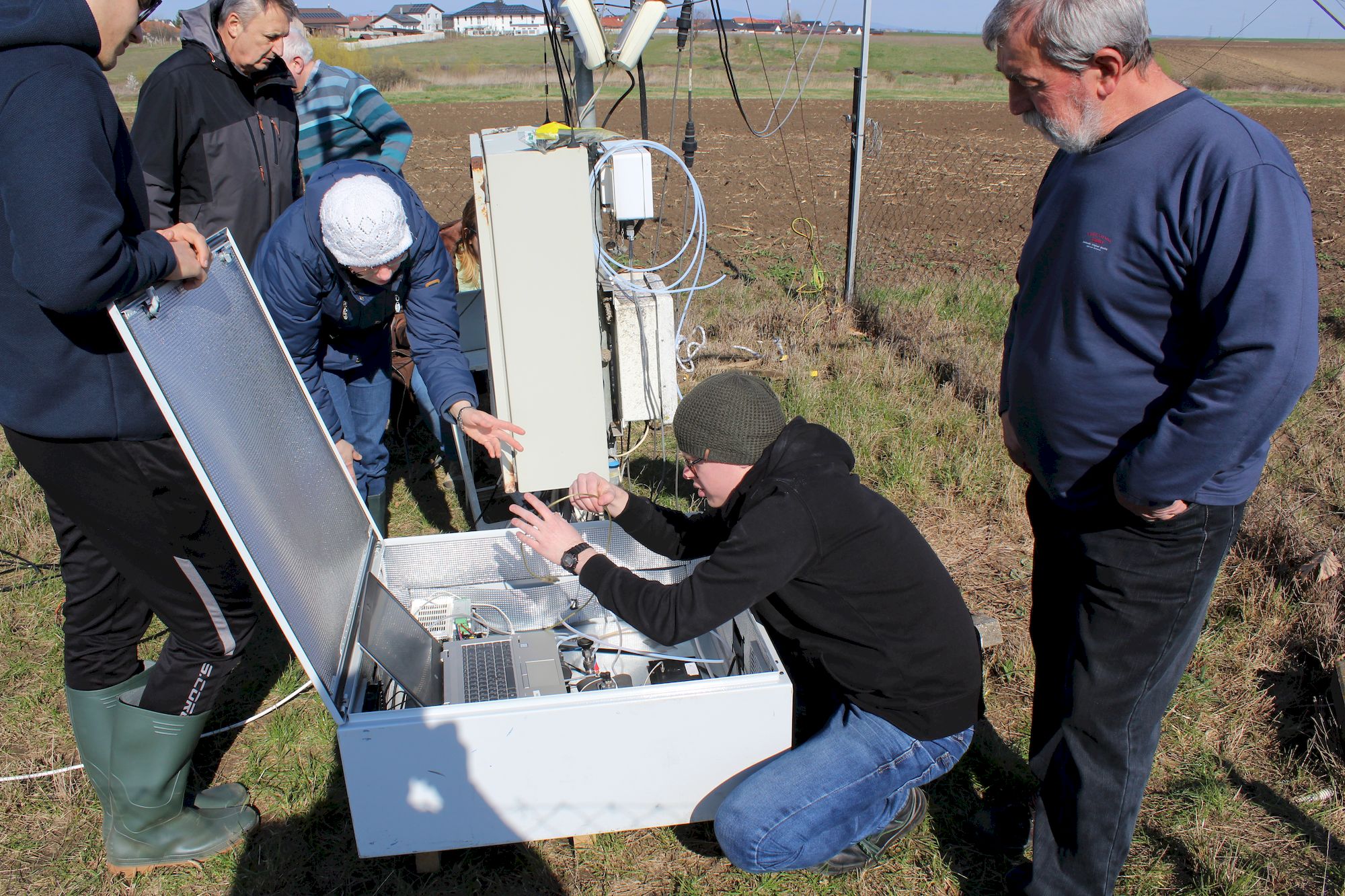
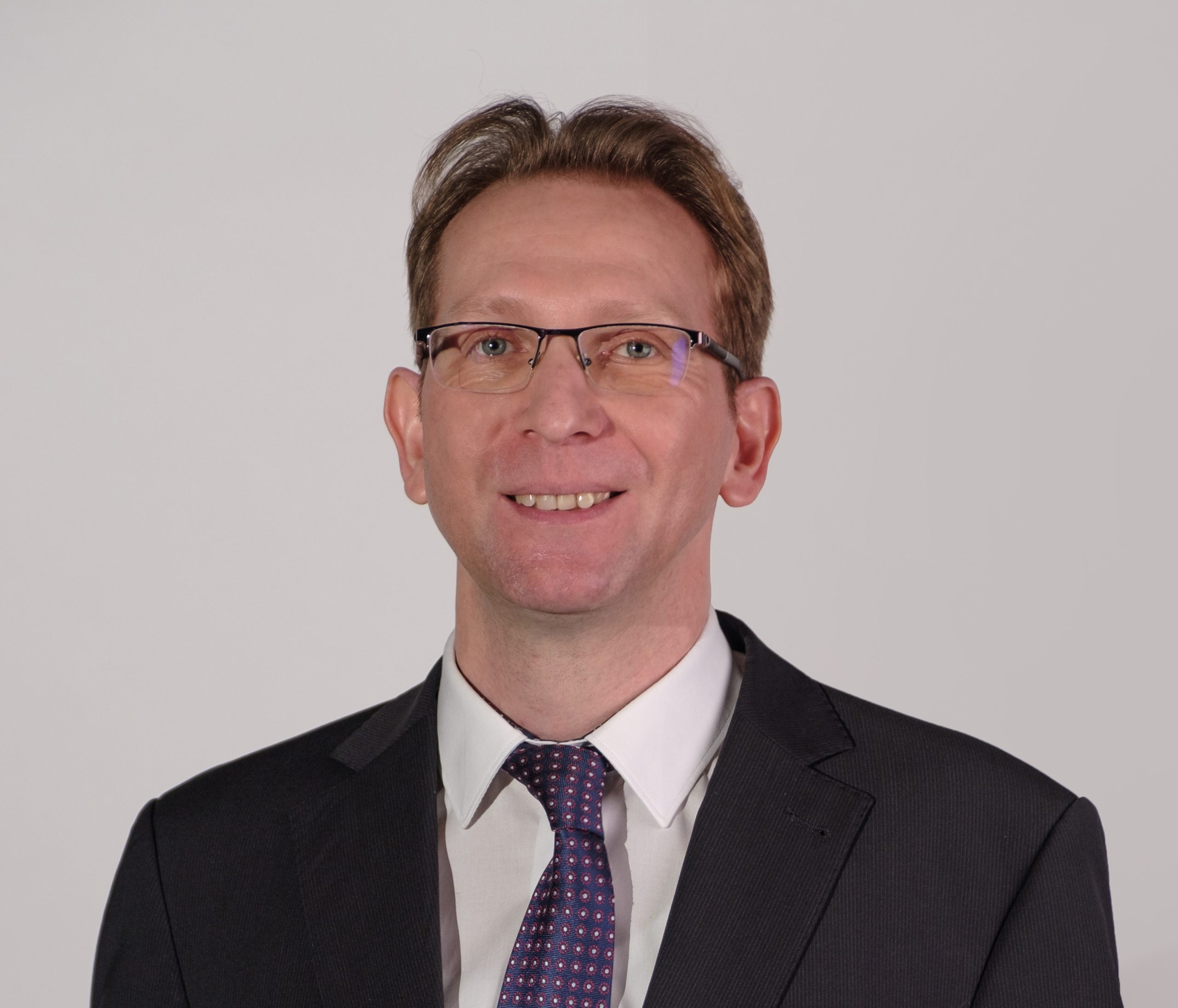

 The starting point of the study is that, even though the discourse related to the revitalization of brownfield areas has a long history in Hungarian development policy practice, its role in promoting the circular economy and environmental sustainability has appeared with little emphasis in Hungary so far, for which the article presents a few theoretical and practical arguments. In the study, the authors introduce a framework presenting the environmental, social and economic benefits of brownfield areas’ redevelopment, highlighting sustainability benefits along concrete examples.
The starting point of the study is that, even though the discourse related to the revitalization of brownfield areas has a long history in Hungarian development policy practice, its role in promoting the circular economy and environmental sustainability has appeared with little emphasis in Hungary so far, for which the article presents a few theoretical and practical arguments. In the study, the authors introduce a framework presenting the environmental, social and economic benefits of brownfield areas’ redevelopment, highlighting sustainability benefits along concrete examples.